Forest Resources Technology Diploma and BA Major in Geography, (Sustainable Resource Management Stream)
Students undertaking the Geography degree in Sustainable Resource Management will be challenged to think critically from a variety of perspectives, analyze problems and seek resolutions to natural resource conflicts. Students with the dual credential of a Forestry Diploma and a BA - Geography, (Sustainable Resource Management stream) will be eligible to register as an Allied Science Forester in Training (ASFIT) and work towards becoming a Registered Professional Forester (RPF) with the Association of BC Forest Professionals (ABCFP).
The BA Major in Geography offers three different streams of study: General, Sustainable Resource Management, or Urban and Social Sustainability. All three streams have the same requirements for lower-level courses, then branch out in upper-level. Coursework already completed in the Forestry Diploma best aligns with the Sustainable Resource Management Stream; however, it is possible for a Forestry transfer student to choose any of the three streams towards a BA Major in Geography.
Program Requirements
Each candidate for a first Bachelor’s degree is required to meet the following conditions.
- To have satisfied VIU’s first year Degree English Requirement.
- To present credit in a minimum of 120 credits of university-level courses numbered 100 and above, of which at least 42 credits must be numbered at the 300/400 level, and at least 60 credits must normally be VIU courses to meet the residency requirement.
- To meet the specific degree and program requirements as approved by Senate and published in the online calendar.
(From VIU General Regulations webpage).
Graduates of the VIU Forestry Resources Technology Diploma transferring into the BA Geography Major program must first satisfy the requirements for the Forest Resource Technology Diploma in Years 1 and 2, and then continue on in Years 3 and 4 to satisfy the requirements for a BA degree in Geography (Sustainable Resource Management stream).
Students coming into year 3 of the program will receive equivalency credit for FRST 121 in place of GEOG 228, MATH 181 in place of GEOG 221, FRST 328 in place of GEOG 328, and the DER can be met with ENGL 115 and ENGL 125 (or two of any other DER courses). All the other FRST courses count as electives toward the Geography BA.
Note #1: This information is provided for guidance only. Degree completion is based on courses completed successfully and is subject to all applicable requirements and procedures in effect. Students should consult with a BA Degree Advisor to confirm program requirements.
Note #2: An application to the BA Program is needed in order to move from the Forestry Diploma to the BA Major in Geography. An application fee is required for this: https://www.viu.ca/admissions/fees
For further details on transferring from the Forestry Resources Technology Diploma to the Geography BA program contact the Chair of the Geography Department, at 250.753.3245 Ext. 6296 or GeoChair@viu.ca.
YEAR 3 (Sustainable Resource Management Stream) | Credits |
GEOG 100 – World Regional Geography | 3 |
GEOG 101 – Environmental Geography | 3 |
GEOG 211 - Atmospheric Environments | 3 |
GEOG 212 - Earth Environments | 3 |
GEOG 240 - Human Environments | 3 |
GEOG 290 - Regions of Canada | 3 |
GEOG 350 - Natural Resource Management | 3 |
GEOG 326 - Remote Sensing | 3 |
GEOG *452 - Applications in Natural Resource Management | 3 |
Total Credits | 27 |
YEAR 4 (Sustainable Resource Management Stream) | Credits |
| GEOG 320 - Planning and Management of Parks and Protected Areas | 3 |
GEOG 324 - Research Methods | 3 |
GEOG 356 - Policy, Resources and Sustainability | 3 |
GEOG *372 or *373 - Climatology or Biogeography | 3 |
GEOG *374 or *376 - Hydrology or Geomorphology | 3 |
GEOG 467 - Field Studies in Geography I | 3 |
Upper-Level Elective(s) | 6 |
Total Credits | 24 |
Total Upper-Level GEOG Credits | 30 |
Total Upper-Level Credits (including FRST Credits) | 42 |
Grand Total Credits (including FRST Credits) | 123 |
* denotes courses offered on a rotational basis.
Professional Accreditation
Note the VIU Forestry program is not an accredited degree. One option for gaining RPF designation is completing a BA Major in Geography (SRM) coming in from the Forest Technology Program, and then going on to do a Masters at UBC. For full details on professional requirements follow this link to the Association of BC Forest Professionals website.
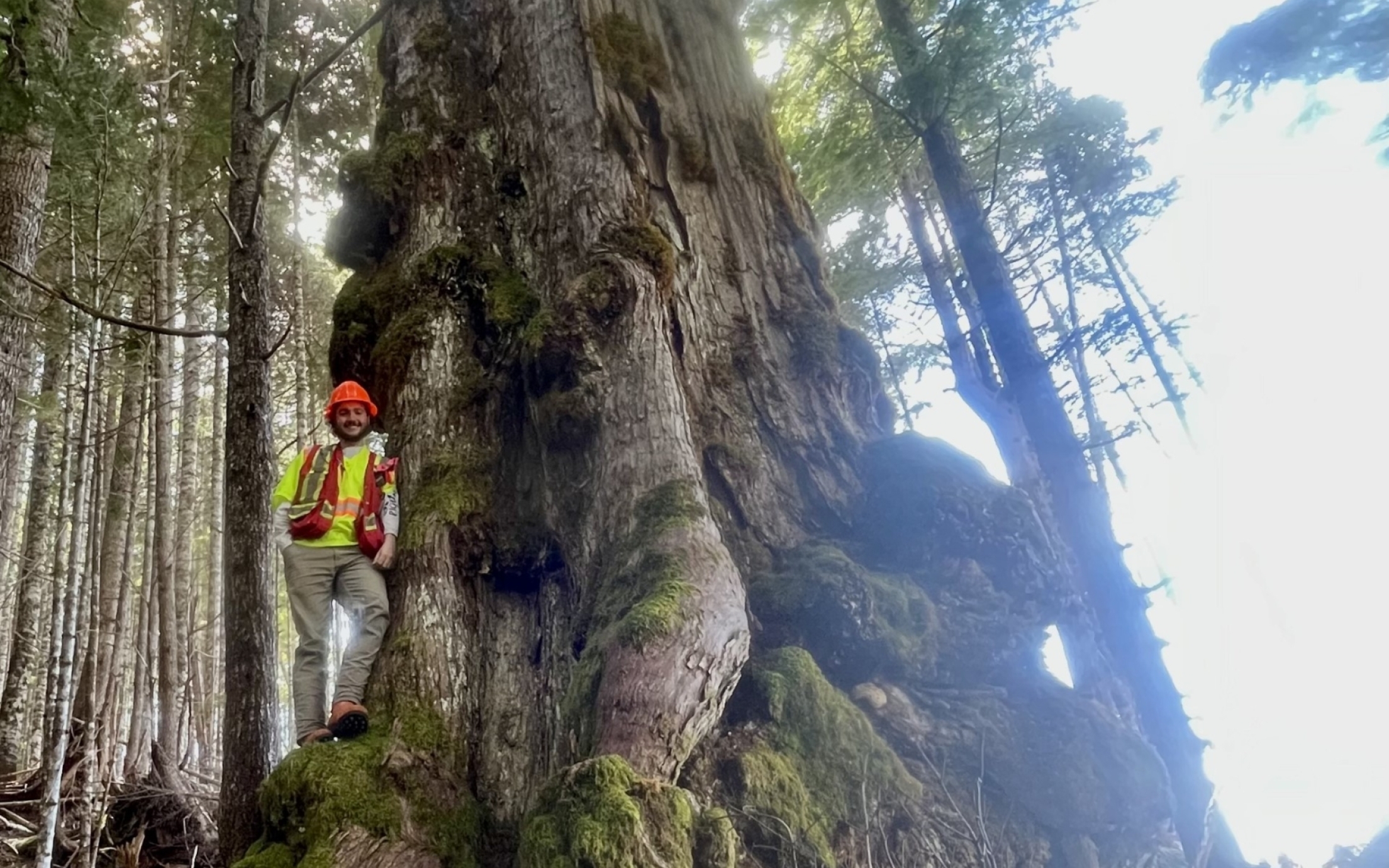
Zack Masters
"After completing my Forestry Resources Technology diploma at VIU, I enrolled in the BA Geography program which allows me to apply to become a Professional Forester through the Allied Sciences Forester-in-Training program with the ABCFP.
This allows me to follow my desired career path as a Forester, combining my previous technical background and work experience in the forest industry with a larger grasp on a wider scale of natural resource management principles across other areas of study and industries.
Much like the Forestry Diploma program, the Geography faculty prioritises the success of the students. This ensures everybody is able to achieve their highest level of learning. I highly recommend the BA transfer program to anyone who wants to pursue a career in Forestry while staying local to Vancouver Island." - Zack Masters
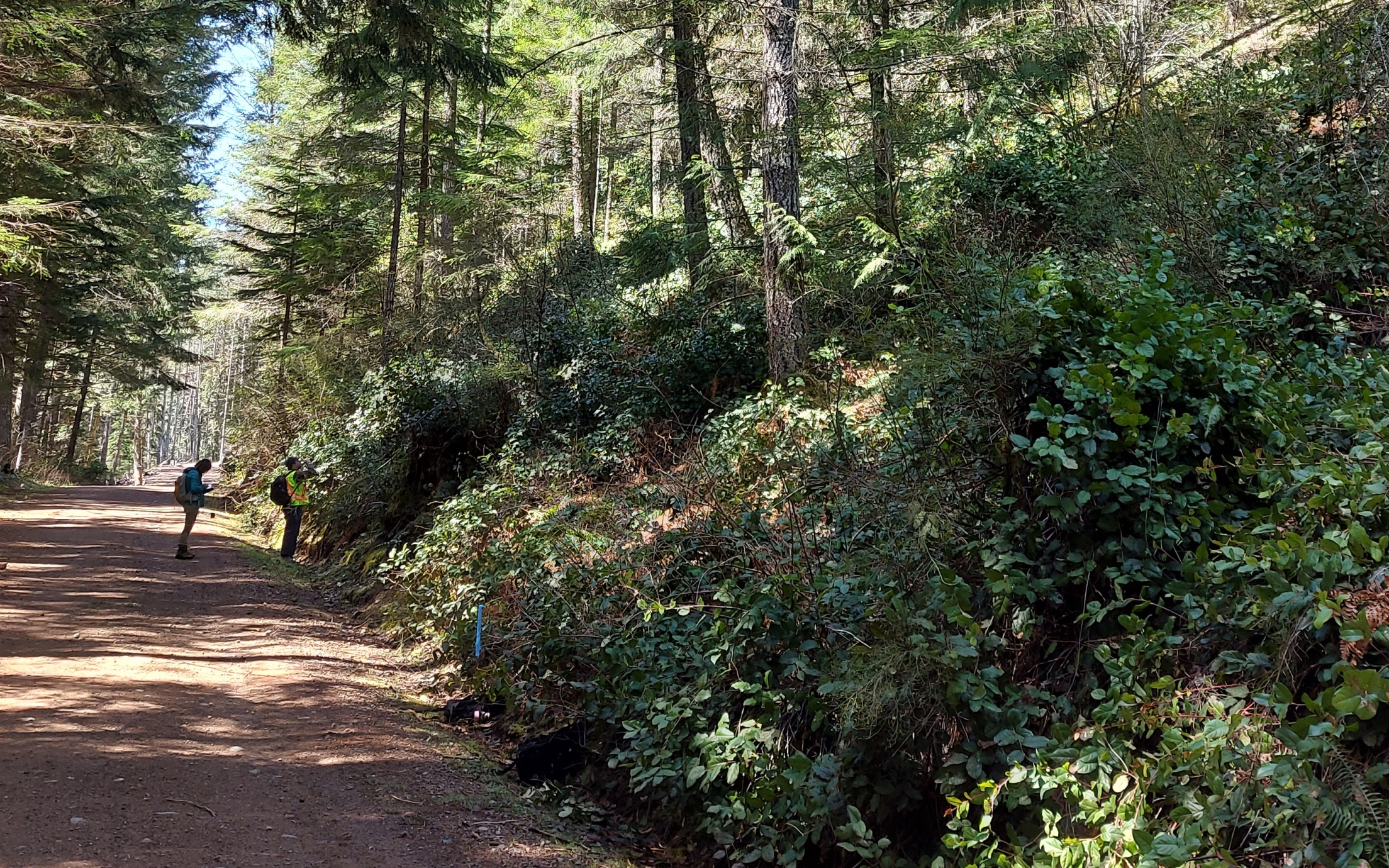
Marcus Tonon
"As a graduate of the Forest Resource Technology Diploma with the goal of obtaining a Registered Professional Forester (RPF) designation, bridging into a Geography degree was a very appealing path. The 2-year degree option allowed me to complete my education a year earlier than if I had chosen to pursue a Forestry Degree. In turn, I was able to enter the workforce in my field of study earlier, and gain an advantage on my peers who followed the traditional 3-year bridge program to UBC and UNBC. If you are considering this option, you will be required to obtain your RPF via the ASFIT route, so be aware of the additional requirements. " - Marcus Tonon
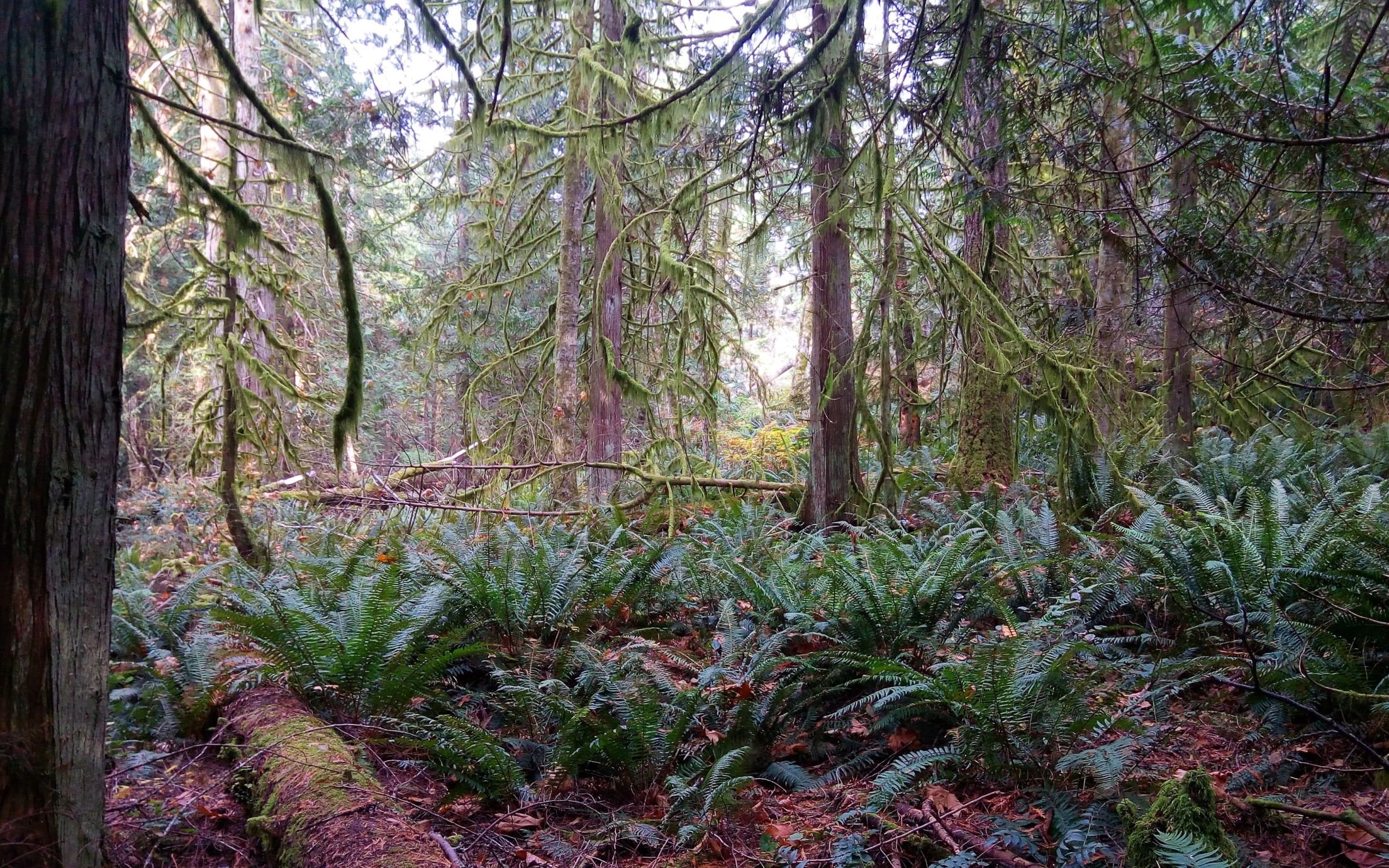
Graham Sakaki
"After completing my Forestry diploma, I immediately transferred into third year of the Sustainable Resource Management stream in Geography at VIU. There is a seamless transition into the Geography program. The Geography route was great for me, and I highly recommend the transfer option.
While completing my BA, I was able to become more involved around Campus through volunteering, work-op and research assistant (RA) positions. These experiences enabled me to meet many people on campus and throughout the community which aided me in obtaining my current job." - Graham Sakaki
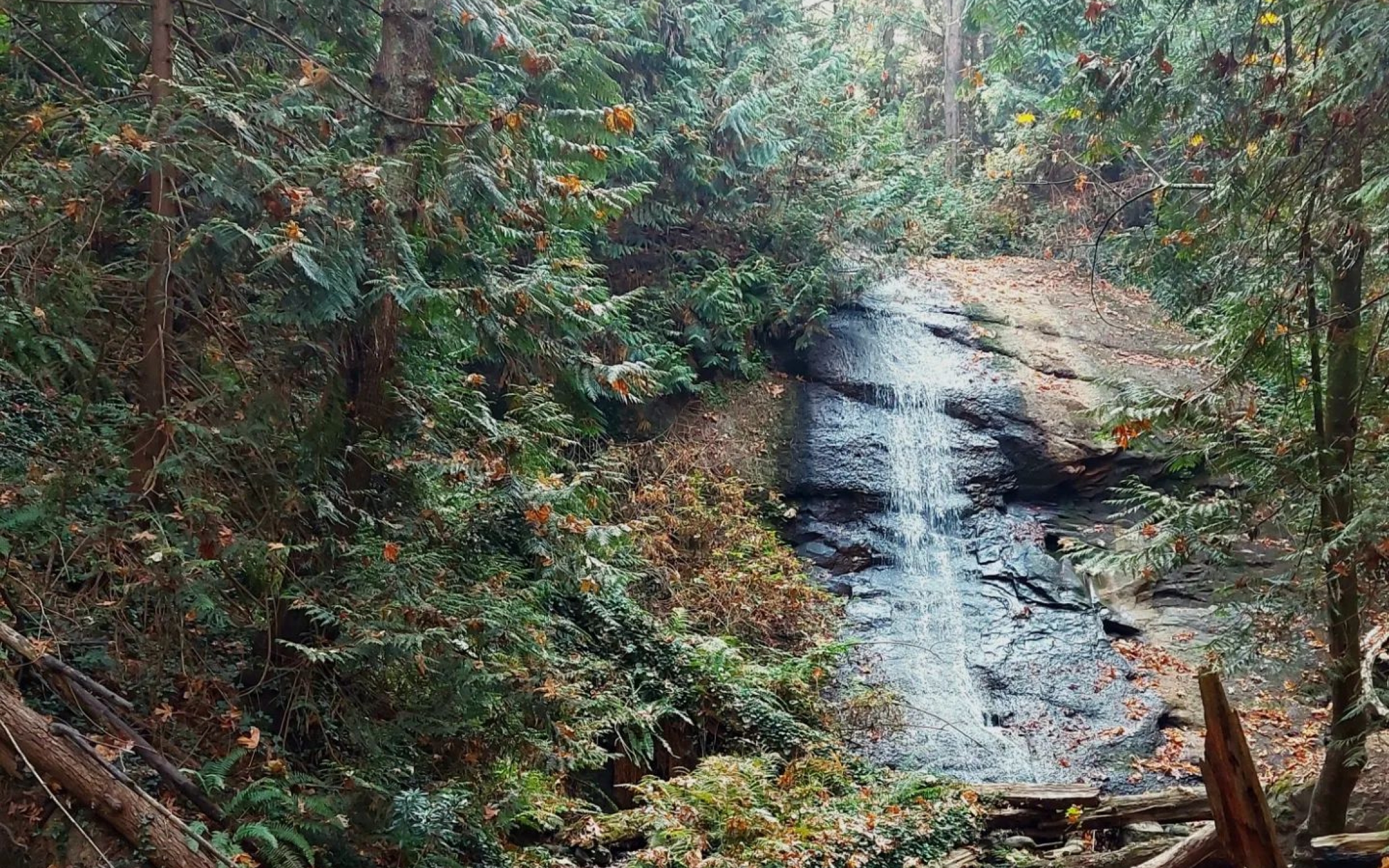
Amanda Jefferies
"I decided to do the transfer program because I wanted to further my education and the Geography department allowed me to do so. I also knew that having a Bachelor’s degree would be an asset when starting a career.
This type of degree helps you learn and develop a wide range of skills that employers are looking for. A Geography degree is a broad based academic degree that will give you many options. My advice for you if you decided to go down this route, make sure you get involved with the Geography department and the Geographic Students’ Union. Your fellow geographers and professors are one of your biggest foundations for success." - Amanda Jefferies
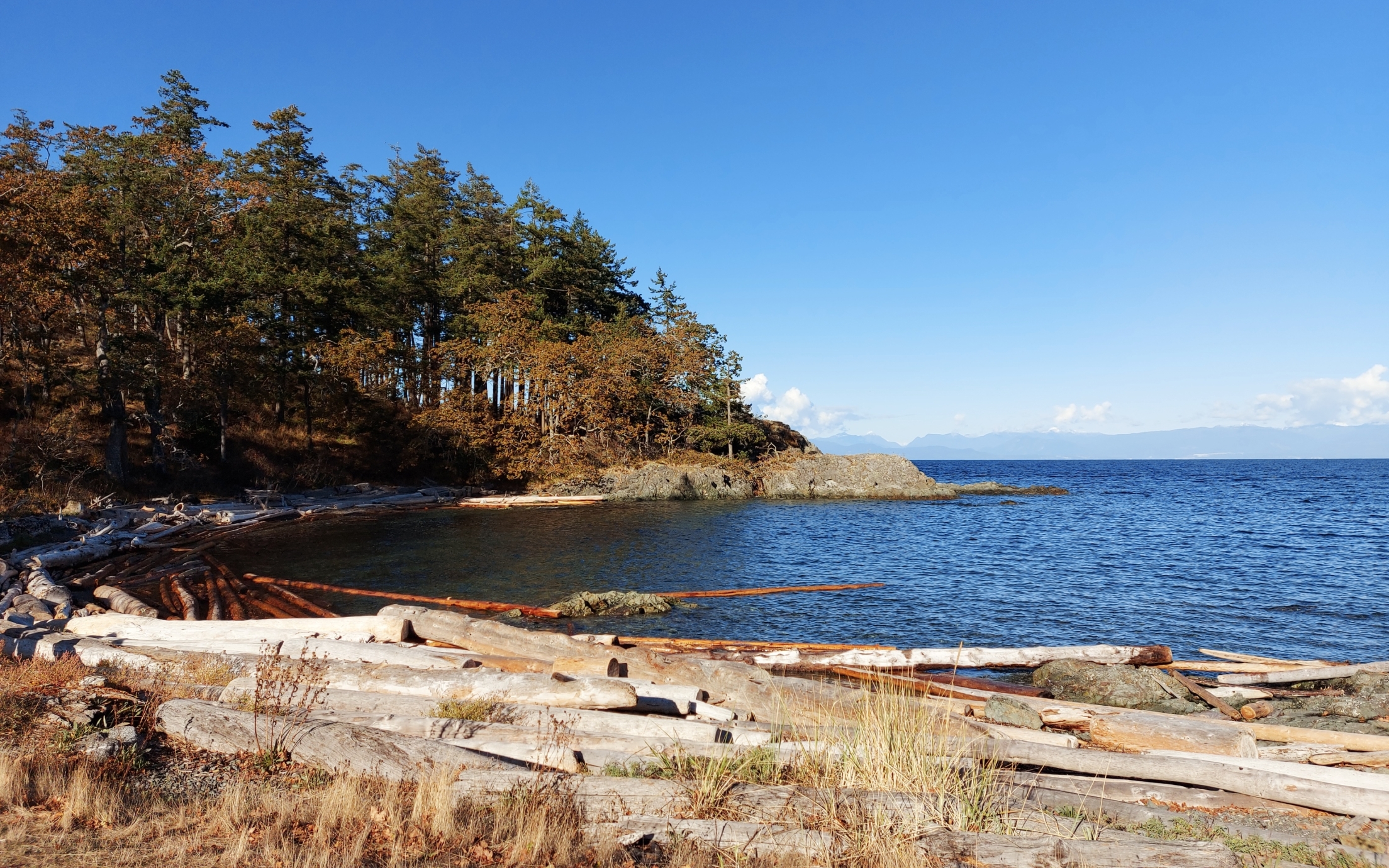
Mike Anderson
"A bachelor’s degree in Geography is applicable to many professions from city planning to environmental protection. A degree in geography is also a path to becoming professionally certified in the forest industry – another reason that motivated me to enroll in the program.
I wanted to advance my understanding of natural resource management beyond the forest industry. The geography program interested me because of the variety of courses offered in the physical and social sciences. I would recommend the geography option to forestry students who are seeking a diverse degree option that offers a chance to learn about the world around us from multiple perspectives. Concepts and processes are emphasized in geography, which I think compliment the technical field skills learned in forestry well." - Mike Anderson
